An overview of selected new books in Szilárd Library, with a word from their authors, reviewers and publishers
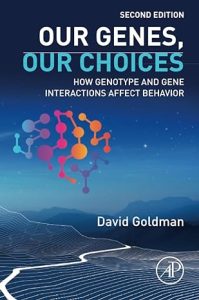
By David Goldman
Are people free to make choices or do genes determine behavior? Paradoxically, the answer to both questions is “yes,” because of neurogenetic individuality, a new theory with profound implications. Here, author David Goldman uses judicial, political, medical, and ethical examples to illustrate that this lifelong process is guided by individual genotype, molecular and physiologic principles, as well as by randomness and environmental exposures.
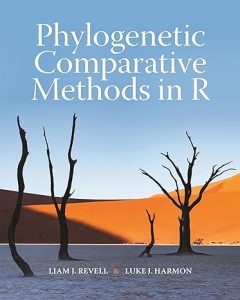
By Liam J. Revell and Luke J. Harmon
“Phylogenetic comparative methods” are a suite of statistical approaches that enable biologists to analyze and better understand the evolutionary tree of life, and shed vital new light on patterns of divergence and common ancestry among all species on Earth, and shows how to carry out phylogenetic comparative analyses in the R statistical computing environment.
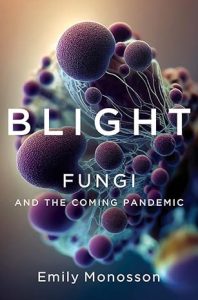
By Emily Monosson
Tracing the history of fungal spread and the most recent discoveries in the field, Monosson meets scientists who are working tirelessly to protect species under threat, and whose innovative approaches to fungal invasion have the potential to save human lives. Delving into case studies at once fascinating, sobering, and hopeful, Blight serves as a wake-up call, a reminder of the delicate interconnectedness of the natural world, and a lesson in seeing life on our planet with renewed humility.

By Michael Devitt
Biological Essentialism addresses three main issues: the essences (natures, identities) of biological taxa, particularly species, the essences of biological individuals and also addresses the lively contemporary issue of whether race is biologically “real”.
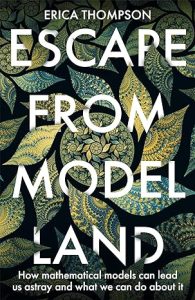
By Erica Thompson
Drawing on contemporary examples from finance, climate and health policy, Erica Thompson explores what models are, why we need them, how they work and what happens when they go wrong. This is not a book that argues we should do away with models, but rather, that we need to properly understand how they are constructed – and how some of the assumptions that underlie the models we use can have significant unintended consequences.
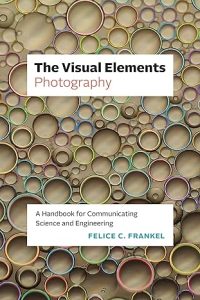
By Felice C. Frankel
In this short handbook, an award-winning science photographer and author offers a quick guide for scientists and engineers who want to communicate and better understand their research by making compelling photographs. The first in the Visual Elements series, the book offers plenty of engaging examples to help readers improve their communication. Ideal for researchers who want a foothold for presenting and preparing their work for conferences and journal publications, the book explains four tools that all readers can use, a phone, a camera, a scanner, and a microscope, and then offers important advice on composition and image manipulation ethics.
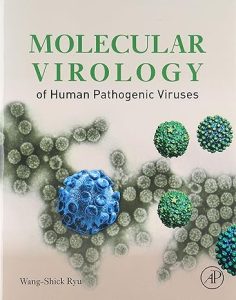
By Wang-Shick Ryu
The latest edition of the textbook “Molecular Virology of Human Pathogenic Viruses” presents robust coverage of the key principles of molecular virology while emphasizing virus family structure and providing key context points for topical advances in the field. The book is organized in a logical manner to aid in student discoverability and comprehension and is based on the author’s more than 20 years of teaching experience.
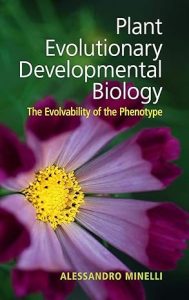
By Alessandro Minelli
Compared to animals, plants have been largely neglected in evolutionary developmental biology. Mainstream research has focused on developmental genetics, while a rich body of knowledge in comparative morphology is still to be exploited. In this volume, Minelli fills this gap using the same approach he gave to animals, revisiting traditional concepts and providing an articulated analysis of genetic and molecular data. Topics covered include leaf complexity and the evolution of flower organs, handedness, branching patterns, flower symmetry and synorganization, and less conventional topics such as fractal patterns of plant organization.

By Gerhard Ertl
Autobiography of Nobel prize winner Gerhard Ertl.
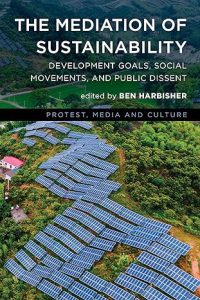
Edited by Ben Harbisher
This book examines the way in which SDG (sustainable development goals) initiatives have been disseminated by mainstream media, in government discourse and by NGO’s, charitable organisations, and campaign groups. It questions to what extent sustainability narratives are being supported and how they are represented.
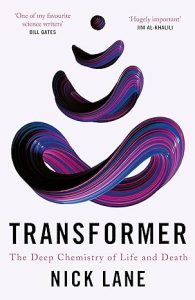
By Nick Lane
In Transformer, biochemist Nick Lane reveals a scientific renaissance that is hiding in plain sight-how the same simple chemistry gives rise to life and causes our demise, as our inheritance also includes our living metabolic network, a flame passed from generation to generation, right back to the origin of life.
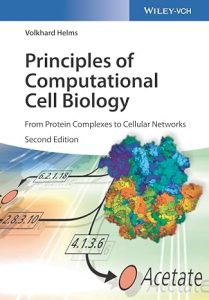
By Volkhard Helms
Volkhard Helms has, in addition to extensive teaching experience, a strong background in biology and informatics and knows exactly what the key points are in making the book accessible for students while still conveying in depth knowledge of the subject.











